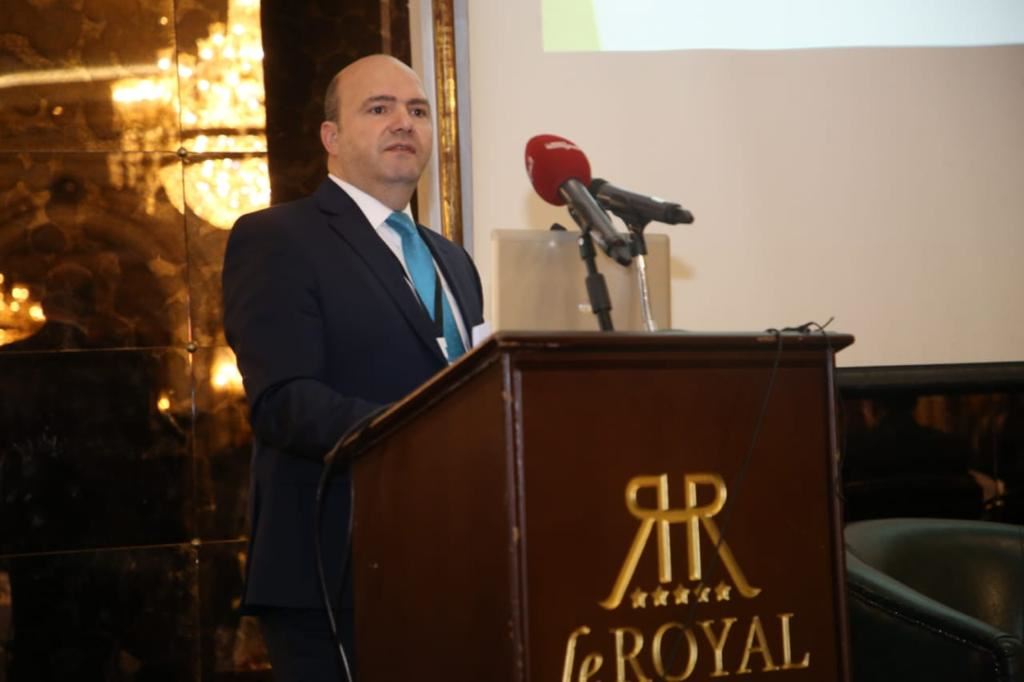With the aim of regulating pan-Arab economic relations, the 57th session of specialised Arab federations, organised by the Arab League’s Council of Arab Economic Unity (CAEU), kicked off in Amman on Sunday
Addressing the opening session, deputising for the Senate president, Senator Issa Murad said that the meeting is “vital” in addressing federations’ challenges, regulating inter-Arab economic relations and discussing multiple development issues, the Jordan News Agency, Petra, reported.
Murad said that the Arab world is witnessing political, security and economic challenges that have increased poverty and unemployment rates, and have triggered a decline in economic growth alongside high inflation.
He added that several Arab countries today suffer from scarce natural resources and an acute shortage of water resources, highlighting issues related to desertification, high levels of pollution, the repercussions of the COVID-19 pandemic and the effects of the Russian-Ukrainian war on food and energy prices.
The senator stressed the importance of Arab economic integration to achieve sustainable development, harness Arab resources to enhance food security, and avoid the repercussions of natural disasters, climate fluctuations and political pressures, noting that some countries “manipulate food as a weapon”.
CAEU Secretary-General Muhammadi Ahmed Al Ni said that Jordan is “always keen” to enhance joint Arab action in various economic, social and political issues to achieve sustainable pan-Arab growth and realise prosperity.
Ni also noted that the CAEU sought to achieve its goals by implementing feasible plans, strategies and programmes to meet Arab economic challenges, which would reflect positively on forming a common Arab market in which to achieve Arab economic integration.
Also on Sunday, the Amman-based Federation of Arab Businessmen (FAB) presented a working paper during the session, which stressed that Jordan is a pivotal hub for trade in the Middle East and North Africa region.
FAB Assistant Secretary-General Tareq Hijazi reviewed the distribution of investments that applied to benefit from the Investment Law in 2022, noting that domestic investments rose by 76.9 per cent, while foreign investments increased by 98.3 per cent, which reflects investors’ confidence in Jordan’s investment environment.
Hijazi added that investments during the first quarter of 2023 increased by 49.1 per cent, reaching some JD289 million, noting that 91 projects have benefited from the Investment Law in the first three months of the year.
